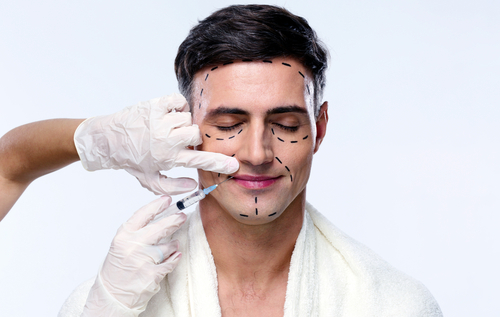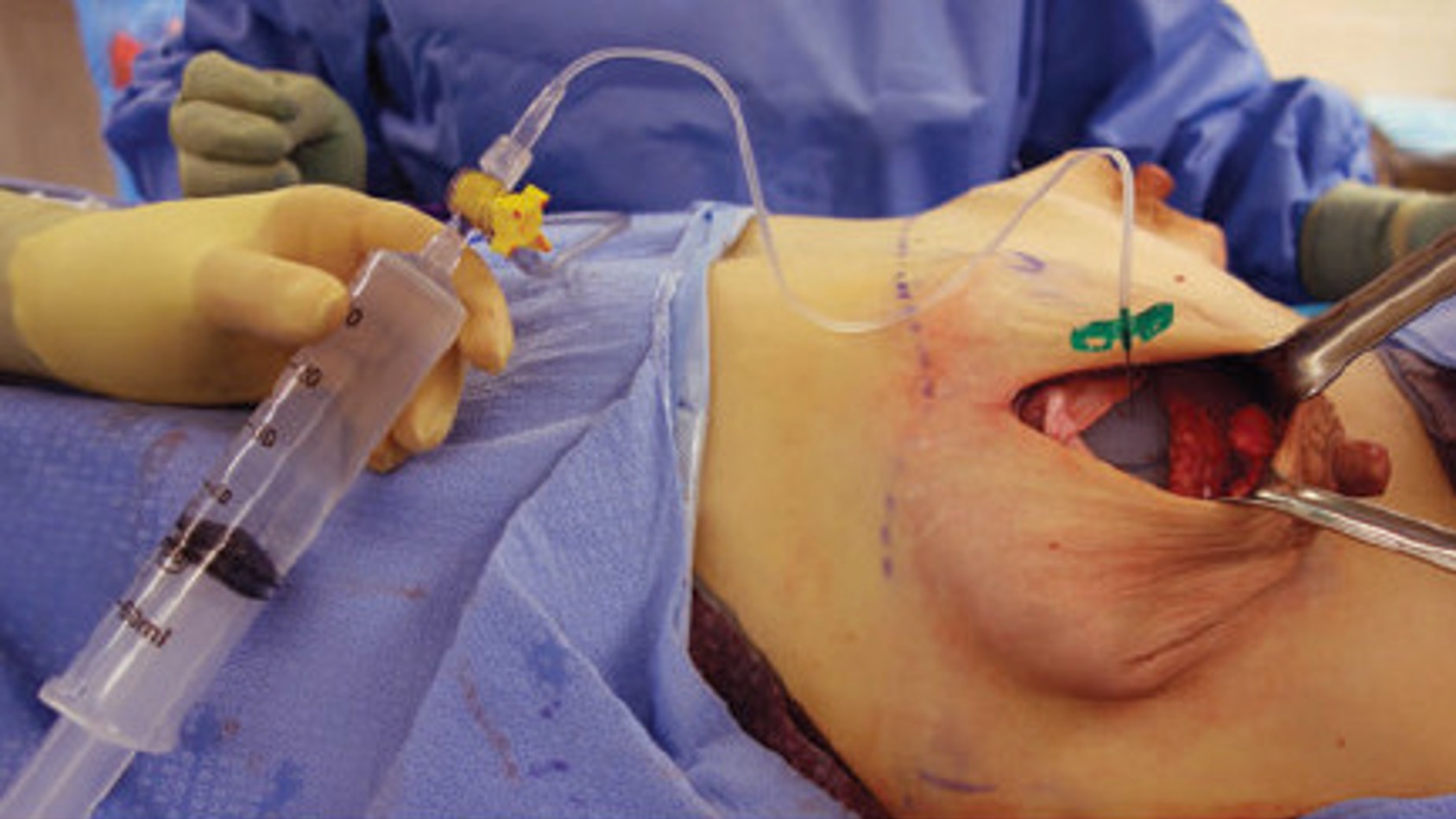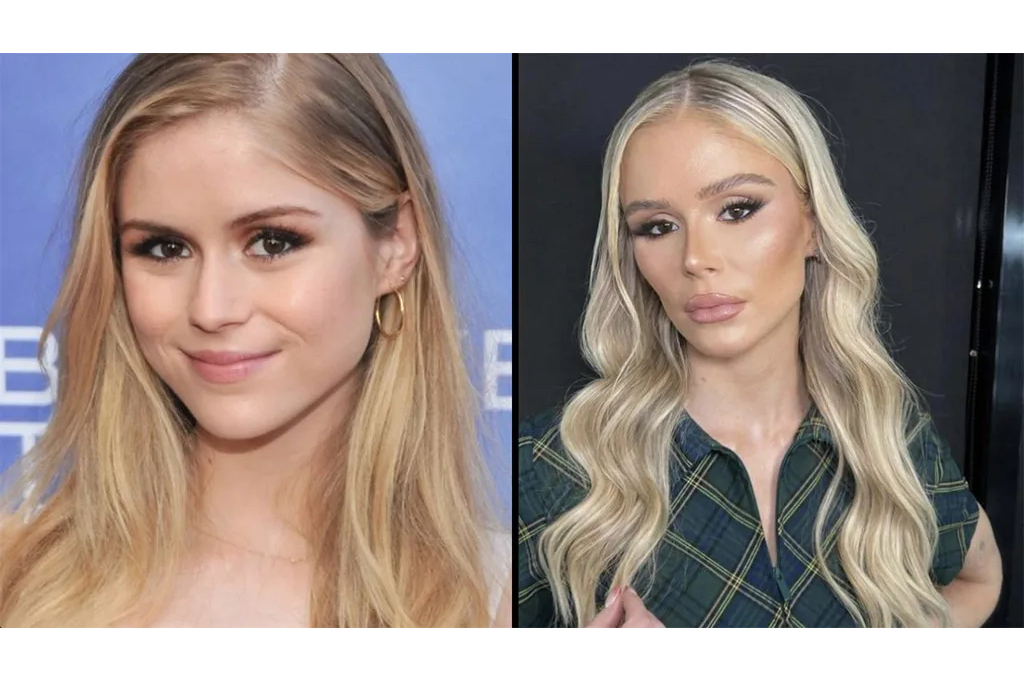Facelift Rancho Cucamonga: Reverse the Clock with Advanced Anti-Aging Solutions
Facelift Rancho Cucamonga: Reverse the Clock with Advanced Anti-Aging Solutions
Blog Article
Examining the Psychological and Social Variables That Drive Individuals to Think About Plastic Surgery as a way of Renovation
The decision to go after plastic surgery frequently expands past plain aesthetic appeals, linking with social and emotional characteristics that warrant comprehensive assessment. Aspects such as self-esteem, prevalent social elegance criteria, and the prevalent impact of social media sites merge to form individual motivations for surgical improvement. As these impacts come to be significantly noticeable, recognizing the underlying psychological and social contexts is necessary. What continues to be to be discovered is the extensive effect these elements have not only on personal identification yet additionally on wider social standards and values surrounding charm and acceptance.
The Duty of Self-confidence
Self-esteem significantly affects an individual's choice to go after plastic surgery. Individuals with low self-worth usually regard themselves in an unfavorable light, bring about sensations of insufficiency regarding their physical appearance. This unfavorable self-perception can drive them to seek surgical treatments as a method of boosting their self-image. The desire for renovation in one's appearance is often linked to an idea that such modifications will certainly raise their total self-respect and self-confidence.

Eventually, the duty of self-worth in the decision-making procedure regarding cosmetic surgery highlights the intricate interaction in between body photo, individual complete satisfaction, and psychological health. Comprehending this partnership is essential for healthcare professionals to guarantee that clients are making notified decisions rooted in reasonable expectations and emotional well-being.
Societal Beauty Criteria
Influenced by pervasive media portrayals and social stories, social beauty standards play an important role in shaping individuals' assumptions of their very own bodies. These requirements are commonly defined by an idealized form of elegance that stresses qualities such as balance, youthfulness, and slimness. As these suitables are perpetuated through numerous channels, including tv, marketing, and film, people often internalize these messages, resulting in frustration with their all-natural look.
The ramifications of these societal norms expand beyond visual preferences; they can influence self-esteem, psychological health, and social relationships. Individuals that perceive themselves as disappointing these requirements might experience feelings of insufficiency, prompting a wish for cosmetic surgical treatment as a way of accomplishing social approval. This search is usually sustained by the belief that adapting to these perfects will boost not just physical appearance but likewise social standing and individual fulfillment.

Influence of Social Network
The impact of social appeal criteria is further intensified by the surge of social networks systems, where curated images and idealized depictions of elegance are ubiquitous. Individuals are frequently exposed to filteringed system and modified pictures, which often illustrate unattainable physical features. This exposure cultivates a culture of sites comparison, leading people to examine their see this site own appearance versus these often impractical standards.
Social media site influencers and celebrities often advertise aesthetic treatments, stabilizing the notion that surgical enhancements are a sensible means for accomplishing social suitables (plastic surgery rancho cucamonga). The exposure of these improvements can produce an understanding that going through plastic surgery is a basic method, thus influencing individuals to think about comparable treatments as a path to enhanced self-confidence and social acceptance
Furthermore, the interactive nature of social networks enables for immediate feedback via sort and comments, even more reinforcing the desire to adjust to preferred appeal requirements. Such interactions can exacerbate feelings of inadequacy and drive people towards plastic surgery as a way of acquiring validation. Inevitably, social media sites plays an essential role in forming assumptions of charm, which substantially affects the decision-making processes bordering cosmetic surgical treatment.

Social Perspectives on Look
Across various cultures, understandings of appearance are deeply rooted in historical, social, and financial contexts, forming individuals' views on beauty and charm. In several societies, appearance works as a considerable marker of identity, affecting social standing, expert possibilities, and personal connections. For instance, in some societies, light skin is usually related to riches and privilege, while others might idealize darker complexion as icons of stamina and authenticity.
Furthermore, conventional charm standards are usually continued via social narratives, media representations, and family members affects, bring about differing ideals across various areas (plastic surgery rancho cucamonga). In Western cultures, the focus on youth and physical conditioning typically drives people towards aesthetic enhancement, while in specific Eastern cultures, more subtle adjustments lined up with conventional aesthetics might be favored
Globalization and the proliferation of electronic media have actually further made complex these dynamics, producing a hybridization of elegance ideals that goes beyond geographical borders. As individuals progressively browse these cultural narratives, the stress to comply with particular look criteria can lead to the pop over to these guys wish for plastic surgery, showing an intricate interplay of cultural values and individual desires. Recognizing these social viewpoints is vital in dealing with the inspirations behind cosmetic surgical procedure considerations.
Mental Influences of Cosmetic Surgical Procedure
Lots of individuals seeking plastic surgery report experiencing extensive emotional effects that can substantially modify their self-perception and emotional well-being - plastic surgery rancho cucamonga. The wish for physical improvement frequently originates from underlying issues such as reduced self-esteem, body dysmorphic disorder, or societal pressures regarding elegance criteria. For some, the prompt post-operative stage can bring about a short-lived increase in self-esteem and fulfillment with their appearance, fostering a feeling of empowerment
Nevertheless, these favorable sensations may not be enduring. Study suggests that while some clients experience boosted self-confidence, others may encounter increased anxiety or anxiety if their expectations are not fulfilled. This discrepancy can emerge from unrealistic ideals continued by media representation and social stories surrounding elegance.
Moreover, the psychological implications of plastic surgery expand beyond the person. Relationships with family and buddies might be strained as social dynamics change, causing sensations of isolation or alienation. Eventually, the psychological effects of plastic surgery are multifaceted and complicated, calling for careful factor to consider by both potential people and doctor to make sure enlightened decision-making and realistic assumptions.
Final Thought
Finally, the choice to go after cosmetic surgical treatment is substantially influenced by a combination of self-esteem problems, societal elegance criteria, and cultural perspectives on look. The pervasive reach of social media sites additionally worsens these pressures, advertising unrealistic suitables that individuals frequently aim to acquire. Understanding these social and psychological elements is essential for dealing with the motivations behind cosmetic surgical treatment, highlighting the demand for an extra nuanced discussion surrounding appeal and self-acceptance in modern culture.
The decision to go after cosmetic surgical treatment commonly prolongs beyond mere looks, intertwining with emotional and social dynamics that warrant extensive examination. Ultimately, social media plays a crucial role in forming perceptions of beauty, which significantly affects the decision-making procedures bordering cosmetic surgical treatment.
As individuals significantly browse these social narratives, the stress to conform to certain look requirements can lead to the desire for cosmetic surgery, reflecting an intricate interplay of personal aspirations and social values.In conclusion, the choice to pursue cosmetic surgical treatment is dramatically affected by a mix of self-esteem concerns, social elegance criteria, and cultural perspectives on look. Understanding these social and mental variables is vital for resolving the motivations behind cosmetic surgery, highlighting the demand for a more nuanced conversation bordering beauty and self-acceptance in modern society.
Report this page